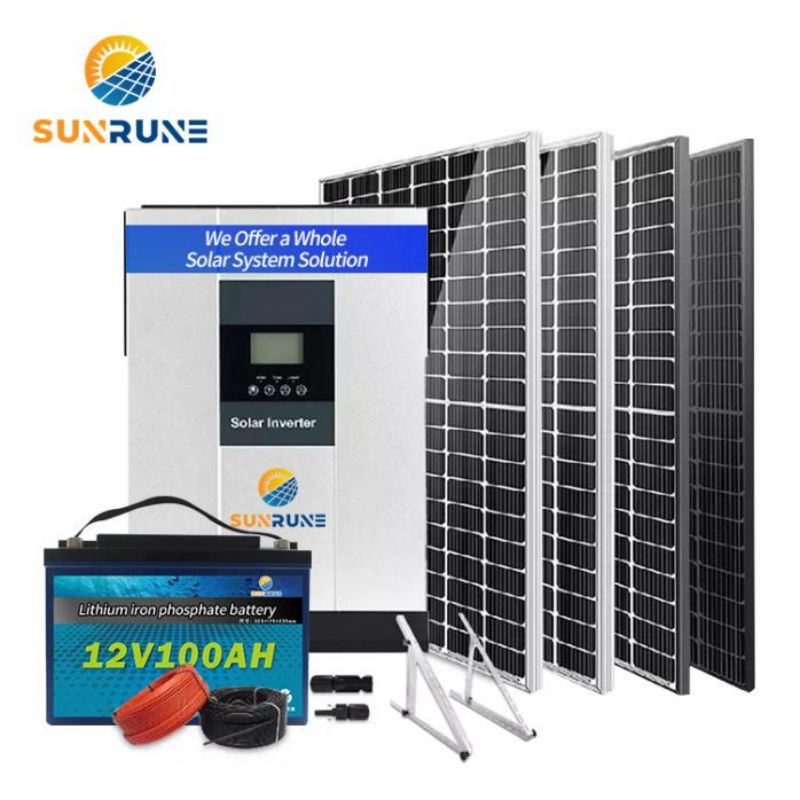introduce:
Photovoltaic (PV) solar panels are touted as a clean and sustainable energy source, but there are concerns about what will happen to these panels at the end of their useful life. As solar energy becomes increasingly popular around the world, finding sustainable solutions for photovoltaic module disposal has become critical. The good news is that PV modules can be recycled and reused at the end of their useful life, providing a way to minimize environmental impact and maximize resource efficiency.

Currently, the average lifespan of photovoltaic modules is about 25 to 30 years. After this period, their performance begins to decline and their efficiency becomes less efficient. However, the materials in these panels are still valuable and can be put to good use. Recycling PV modules involves the process of recovering valuable materials such as glass, aluminum, silicon and silver, which can be reused in various industries.
One of the main challenges in recycling PV modules is the presence of hazardous substances, such as lead and cadmium, mainly found in the semiconducting layers of the panels. To alleviate this problem, researchers and industry experts continue to work on developing new technologies and methods to safely extract and dispose of these potentially harmful substances. Through innovative means, harmful substances can be extracted without polluting the environment.
Several companies and organizations have developed photovoltaic recycling programs. For example, the European association PV Cycle collects and recycles photovoltaic modules across the continent. They ensure that photovoltaic waste is properly managed and valuable materials are recovered. Their efforts not only reduce the environmental impact of discarded panels, but also contribute to the circular economy by reintroducing these materials into the production cycle.
In the United States, the National Renewable Energy Laboratory (NREL) is working to enhance photovoltaic module recycling technology. NREL aims to develop cost-effective and scalable solutions to address the expected increase in the number of retired panels in the coming years. The laboratory works to improve the efficiency of existing recycling processes and explore new technologies for extracting high-value materials to promote the development of a sustainable photovoltaic industry.
Additionally, technological advances are driving the development of more efficient and sustainable photovoltaic modules. Some manufacturers are using materials that are more easily recycled and avoiding hazardous materials altogether. These advances not only make future recycling processes more complex, but also reduce the environmental impact of manufacturing and disposal.
While recycling of PV modules is crucial, extending their service life through proper maintenance is equally important. Regular cleaning and inspections help identify and resolve potential problems, ensuring optimal performance and longevity. Additionally, promoting and implementing second-life applications that repurpose decommissioned panels for other uses, such as powering remote areas or charging stations, could further extend their usefulness and delay the need for recycling.
In short, photovoltaic modules can indeed be recycled and reused at the end of their useful life. Recycling and proper disposal of decommissioned panels is critical to minimizing waste and environmental impact. Industry, government and research institutions are actively working to develop recycling technologies and methods that not only make the process safer but also enable the recovery of valuable materials. By integrating sustainable practices, extending the life of panels, and investing in recycling infrastructure, the solar industry can continue to grow while minimizing its impact on the planet.
Post time: Nov-21-2023